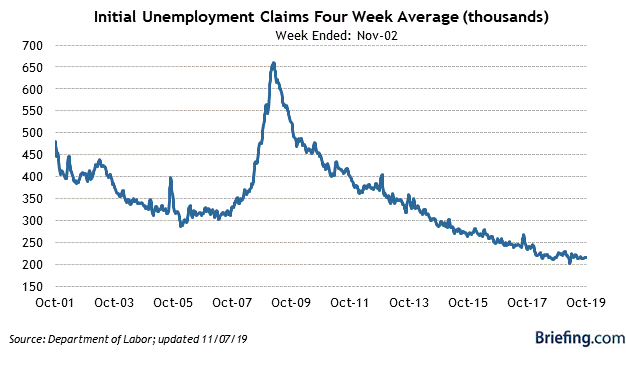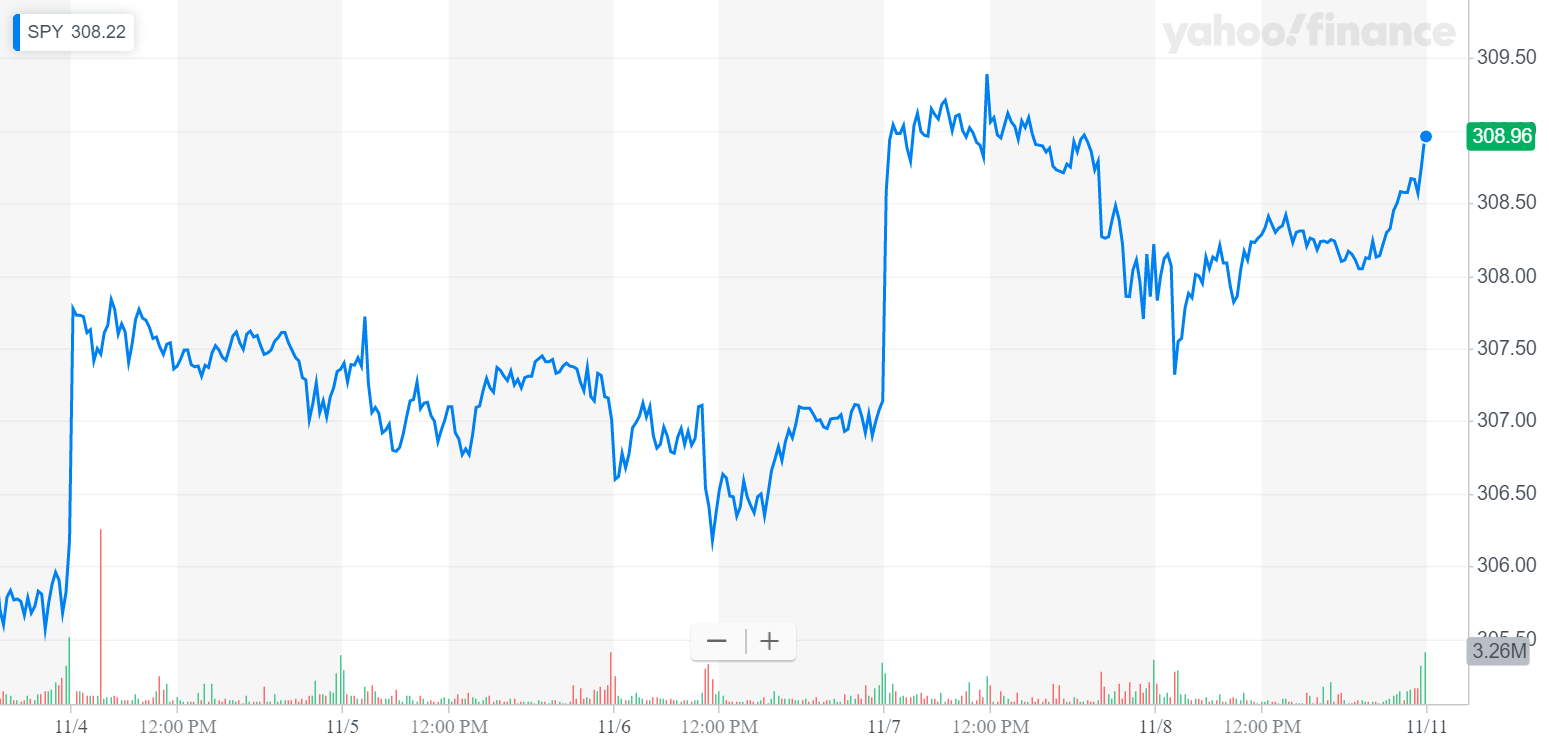Market Update for March 2023
Market Update
Do you know what effect inflation and the recent banking crisis might have on your investment portfolio?
In it, you will discover three important steps to managing risk in your investment portfolio and maintaining a stable mindset. In addition, Tim will walk through the recent banking crisis and a brief history of inflation, rising interest rates, and the Fed’s use of quantitative easing. Watch the video or read through Tim’s letter below the video.
What Is Happening With Inflation & Bank Failures
Over the past year, many have asked about inflation and how The Federal Reserve (the Fed) will control it. Additional concerns, such as Silicon Vally Bank’s and Signature Bank’s recent failures, have recently surfaced. As a result, you may be wondering what is going on, if your bank is secure, or what you should do.
The short video above will help you better understand the current state of inflation and the banking crisis in our nation. It explores how inflation today differs from the double-digit inflation caused by the problematic monetary policy of the 1970s and the differences in the strategies implemented to fight it.
In addition, we examine the implications of Quantitative Easing (QE), a strategy the Fed started using in 2008 and accelerated in 2020. This “money printing” campaign has now grown to over $8.6 trillion, heavily contributing to inflation’s rise to a 40-year high. Unfortunately, the Fed has continued QE over the last few weeks to prop up struggling banks’ falling values on their Treasury debt (bonds) because of rising interest rates.
We realize these challenging times often lead to emotional decisions driven by fear. Take courage in 2 Timothy 1:7: “…for God gave us a spirit not of fear but of power and love and self-control.”
We at Envoy Financial believe that being a good steward of the resources God has entrusted us involves making sound decisions based on logic and reason rather than emotion. Therefore, we encourage you to watch this video. Then, click on the link below to schedule a meeting with one of our Stewardship Advisors, who can guide you through the maze of financial decisions in these uncertain times.
May God continue to bless you and your family.
In His Service,
Tim Newell, CFP, CKA, AIF
Speak with your Advisor
A Stewardship Advisor can help you evaluate risks in your financial portfolio.
Call (630) 613-9230 or schedule an online/phone meeting with one of Harvest’s licensed advisors.
Market Focus November 12th 2019
Highlights
- Initial jobless claims for the week ending November 2 decreased by 8,000 to 211,000 (Briefing.com consensus 217,000).
- Continuing jobless claims for the week ending October 26 decreased by 3,000 to 1.689 million.
Key Factors
- The four-week moving average for initial claims increased by 250 to 215,250.
- The four-week moving average for continuing claims was unchanged at 1,686,750.
- Initial claims have held below 300,000 for 244 straight weeks.
Big Picture
- The key takeaway from the report is that it is consistent with a job market that remains on solid footing, which will keep recession concerns at bay.
| Release | Date | Briefing.com |
| Case-Shiller 20-city Index | January 26th | 5.8% |
| Consumer Confidence | January 26th | 96.8 |
| MBA Mortgage Index | January 27th | NA |
| FOMC Rate Decision | January 27th | 0.5% |
| Initial Claims | January 28th | 285k |
| GDP-Adv. | January 29th | 0.9% |
| Chicago PMI | January 29th | 45.0 |
| Michigan Sentiment – Final | January 29th | 93.2 |
Market Focus November 11th 2019
In U.S. markets this week, a plunge on Wednesday took the major indexes down nearly 4% to levels not seen since early 2014. However, by late afternoon the markets had retraced a majority of the losses. Strong rallies on Thursday and Friday gave the indexes their first weekly gains of 2016, leading some to declare that “the bottom” had been seen.
Stocks rose last week for the first positive weekly performance in 2016, despite hitting new 52-week intraday lows last Wednesday. A rebound in oil and the promise of more QE from the ECB led to the oversold bounce Thursday/Friday. The S&P 500 rose 1.41% last week and is down 6.7% year to date. It started out ugly last week as markets followed oil lower both Tuesday and Wednesday, and ignored several pieces of “ok” data including in-line Chinese economic data and decent earnings from major banks including BAC, MS and GS. But, equities hit what appears to be a short-term inflection point midday Wednesday. Stocks broke through the August lows and then staged a decent rebound Wednesday afternoon thanks to a rally in oil, and importantly held support at 1,830 on a closing basis.
The two big events last week both occurred Thursday as ECB President Mario Draghi promised more QE in March, while in distillate inventories ignited a short squeeze in oil. Thursday’s gains were modest, but they made up for that modesty Friday as stocks surged on an oversold bounce that helped the market finish moderately positive on the week.


